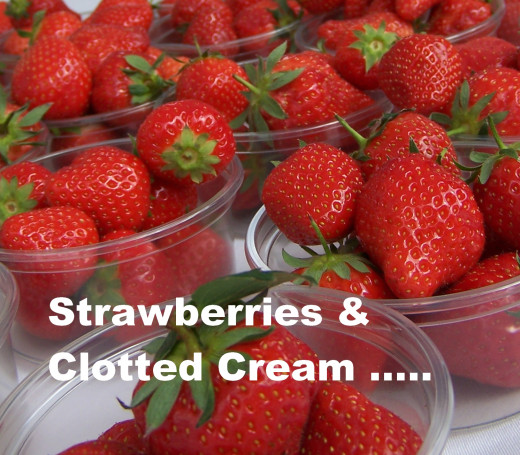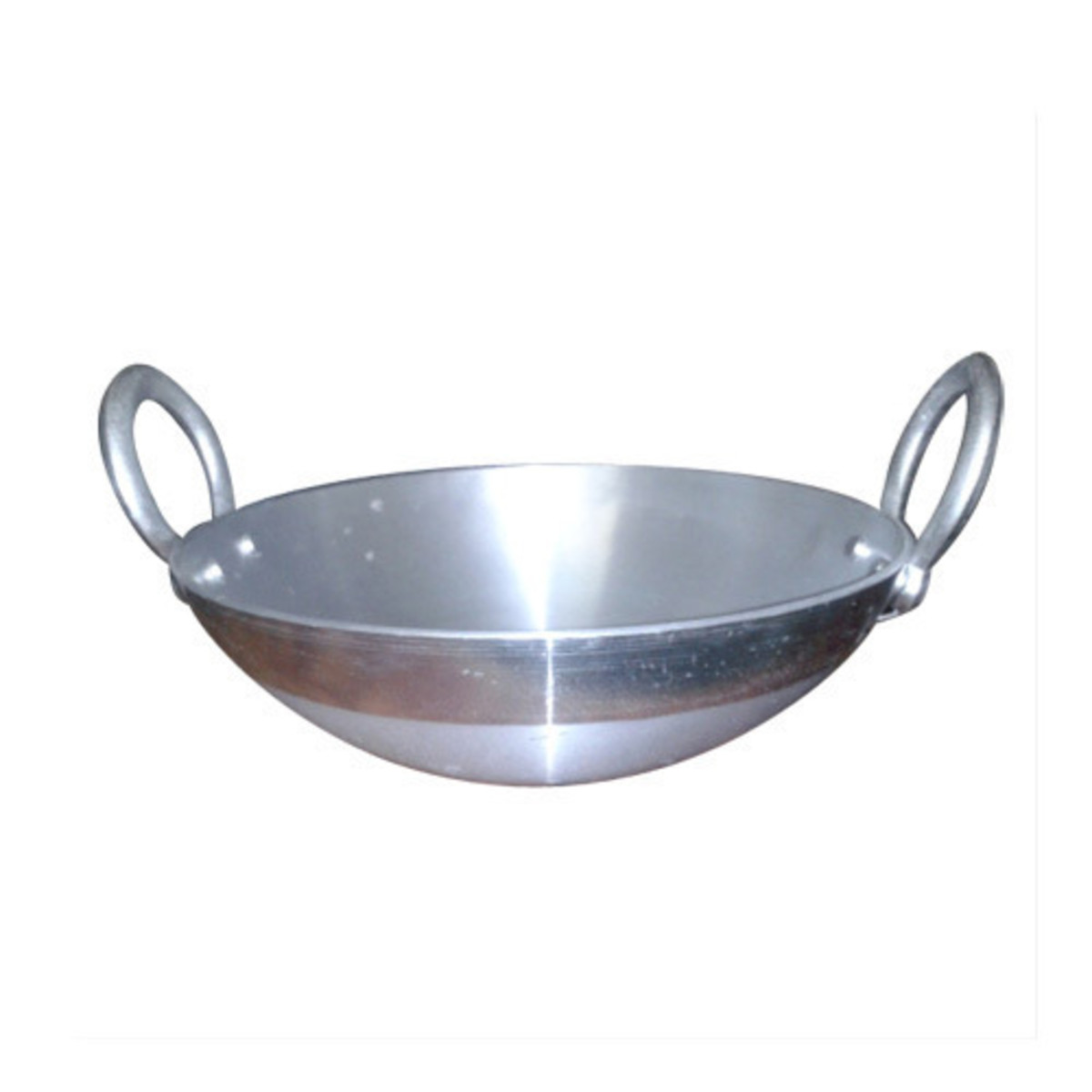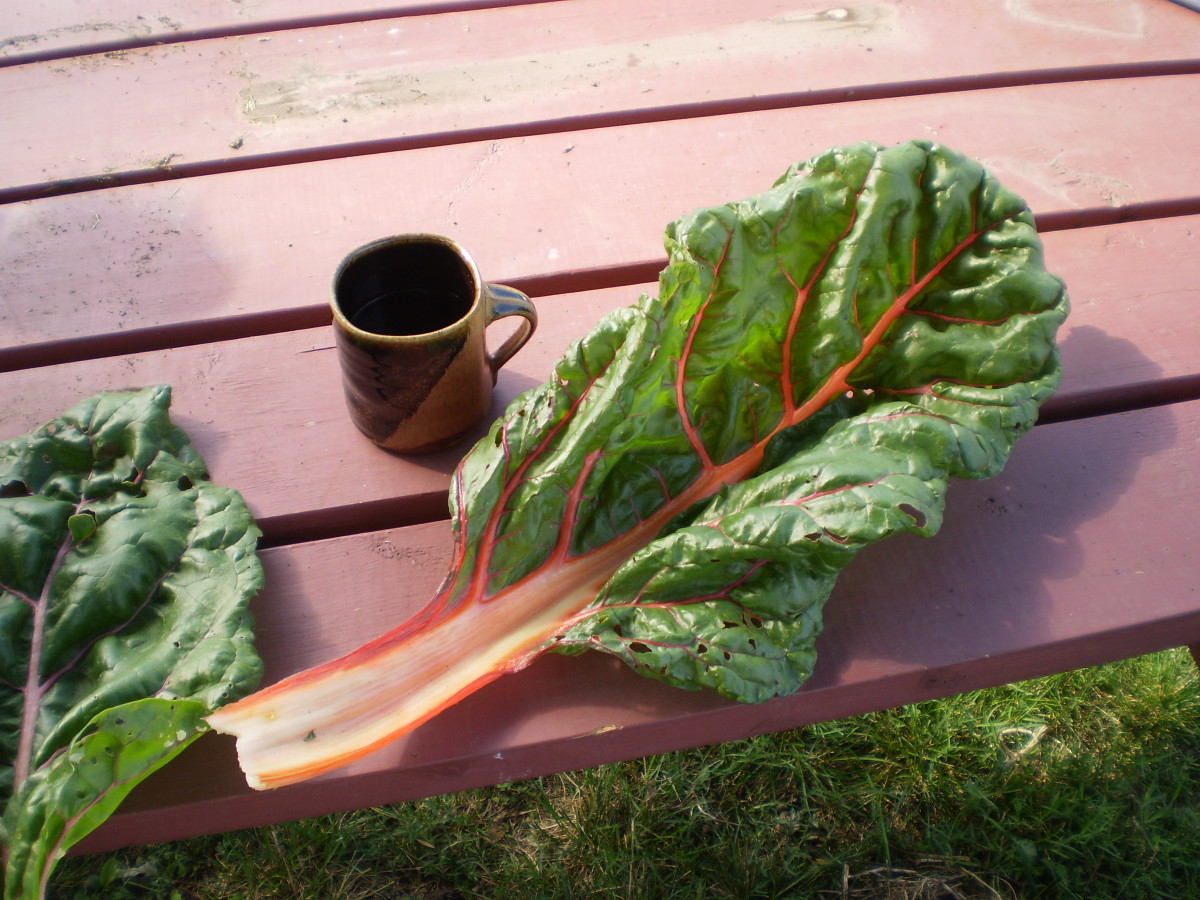Cornish Foods with Protected Status
What is EU Protected Status?
Since 1992, it has been possible for regional food producers to protect their name and identity. Products can apply and be granted Protected Geographical Status under European Union law. There are three varieties of protection that a food might apply for and be granted:
- Protected Designation of Origin (PDO)
- Protected Geographical Indication (PGI)
- Traditional Speciality Guaranteed (TSG) .
The protected status could be seen as equivalent to a "Registered Trademark". Anybody can produce these foods, it's not a closed shop - but ONLY if they are meeting all the criteria in the food production/presentation as defined by the Protected Status award.
Each food that is awarded a protected status is closely defined - anybody selling products by the name must meet all the criteria in order to be lawfully producing and selling the goods.
One typically abused term is Cornish pasties. Cornish pasties are one of three Cornish foods with Protected Geographical Status, which was first applied for in 2002 and finally granted in 2011.
Genuine Cornish Pasty Recipe:
- Genuine Cornish Pasty Recipe: Make Your Own Pasties
The Cornish are very proud of their Cornish Pasties - and keeping them genuine and authentic is a constant battle. Discover for yourself the joy of a real, genuine Cornish pasty that you can easily make at home... - World Cornish Pasty Championships
The World Pasty Championships competition was launched by the Eden Project in Cornwall in 2012, with a variety of competition levels, open to allcomers.
Cornish Pasty: PGI Status
The Cornish Pasty has had Protected Geographical Status since 2011.
Legal Criteria:
In order to make and sell Cornish pasties and to call them Cornish pasties, you must meet ALL the following criteria:
- The Cornish pasty is D shaped, with the crimping on the edge (not on the top).
- The filling should be chunky.
- The filling should be uncooked minced or roughly cut chunks of beef (not less than 12.5%) as well as swede, potato and onion.
- A light peppery seasoning should be included.
- The pasty casing must be golden in colour and glazed with milk or egg
- The pasty casing should be robust enough to retain its shape throughout the cooking and cooling process without splitting or cracking.
- There should be no additives or flavourings added.
- The Cornish pasty MUST be made in Cornwall.
Clearly, most of the above criteria could be replicated anywhere, but for a pasty to be sold as a Cornish pasty it MUST be made in Cornwall. Some Cornish pasty companies sell their pasties across the country/world, to be baked on the premises of shops or their franchises. It is, therefore, possible to find a Cornish pasty for sale outside of Cornwall.
If you see a Cornish pasty for sale - and the label says "Cornish pasty" - ask them where it was made. If they can't answer, they are trading illegally as it is against the law to sell pasties that are not made in Cornwall and to use the label Cornish pasty.
Any pasty NOT made in Cornwall is simply a pasty, or a Cornish-style pasty. But NEVER a Cornish pasty.

Cornish Clotted Cream: PDO Status
Most people will agree that Cornish Clotted Cream is the best you can buy. Cornish clotted cream is of the highest quality and a real sought after treat. But, did you know that Cornish clotted cream has had Protected Status since 1998, enjoying Protected Designation of Origin status. It was first applied for in 1993 and took five years to gain this protected status.
Clotted cream is a thick cream, with a very high fat content (a minimum of 55%, but an average of 64%). The criteria for Clotted Cream to be labelled and sold as Cornish Clotted Cream is just:
- The milk must be produced in Cornwall
- The minimum fat content must be 55% - although usually it is 64%
Rodda's are the largest commercial producers of clotted cream in the UK. Rodda's are based in a small place called Scorrier, just outside Redruth on the main A30, where the clotted cream has been made since 1890 - and each morning their delivery vans load up with fresh clotted cream and deliver to shops, garages, cafes and restaurants across the county - probably one of the best driving jobs in the country as the routes cover tiny hamlets and coves, along the coastal roads and into ancient and modern eateries around the county.
Clotted cream is used in:
- A cream tea, being served with scones and jam,
- Some cooks as a little extra additive in their Cornish pasties.
- As a side serving with desserts and cakes.
- As an ingredient in Clotted Cream Fudge.
- As an ingredient in shortbreads and biscuits.
Clotted cream is also often served with fresh strawberries, or with desserts from pies to cakes.

Cornish Sardines: PGI Status
Sardines, also known as pilchards, have been fished in Cornwall for hundreds of years. For fishing communities they were their staple food and source of income, with the whole community working together to bring in the catch. In the United Kingdom, the term sardine means "young pilchards", although other countries classify the difference by size. Sardines are the smaller of the two.
Cornish Sardines were awarded the Protected Geographical Status (PGI) in March 2010.
In Newquay, you can still see and visit the Huer's Hut - a white building on the headland where the look out would stand and watch for shoals of pilchards. Upon spotting them he'd shout out the "Hue and Cry", hence the name of the Huer's Hut. If the community didn't catch the pilchards, they'd probably starve, so it was an essential role in days gone by.
The criteria for sardines, or pilchards, to be labelled as Cornish Sardines is:
- They must have been caught up to six miles off the Cornish coast
- They must have been landed and processed in the county of Cornwall.
The fish need to be landed and processed promptly.
There is a group of local associations and producers who strictly monitor the processing of the Cornish Sardines in order to protect the quality and the name of the industry.
Cornish pilchards are used in a local dish known as Stargazy Pie, which originated in Mousehole and is one of Cornwall's legends.
Join and Write for Us:
- Join Hubpages and Write
Authors in all subjects are sought to share knowledge with an international audience. You retain copyright of your articles and an income can be earnt by producing good quality writing.
Regional and Food Writers Wanted:
If you are a keen writer, journalist, or graduate, you can share your local knowledge, or food knowledge, with the community. Develop your writing style, or promote your business by sharing knowledge and gaining recognition as an authority.





